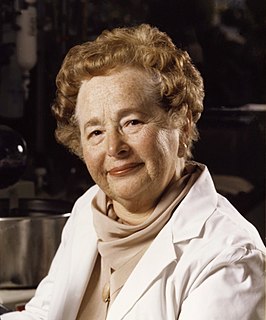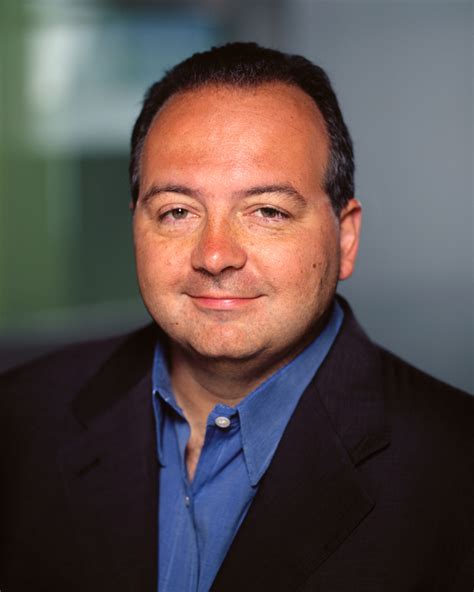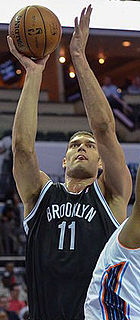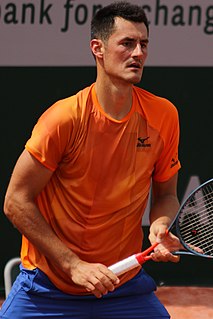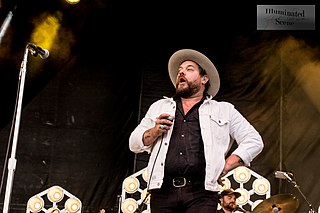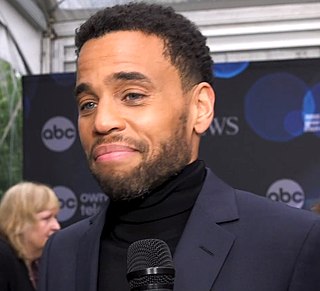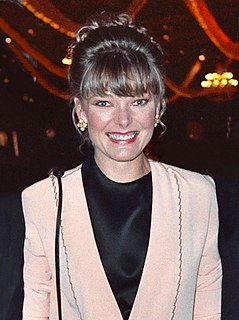A Quote by Mamoru Oshii
I do feel that there are things you can learn from an artist, but I think you need to be very close to that person, and to know that person fairly well, in order to acquire anything from them. I do have a teacher myself, and I have learned quite a lot from my teacher, but it's not how to make a film. It's more how to approach my life as a director, how to approach and how to lie to a producer.
Related Quotes
I think it's a very valuable thing for a doctor to learn how to do research, to learn how to approach research, something there isn't time to teach them in medical school. They don't really learn how to approach a problem, and yet diagnosis is a problem; and I think that year spent in research is extremely valuable to them.
Learning how to code and program computers when I was a kid was one of the best choices I made growing up. By writing code, I learned how to bring my dreams to life, how to budget, and how to build stuff. Whatever path you choose in life - being an artist, an engineer, a lawyer, a teacher, or even a politician, you will give yourself a huge leg up if you learn how to code.
My teachers believe that the creative producer's job is to service the vision of the director, to stay within schedule and budget, and to get the studio what they need, but you work for the director to get their vision on the screen. That's not how everyone approaches producing, but it is certainly how directors like you to approach producing. How I was brought up is that my job is to help you make the movie you want to make.
To spend any time with someone who is among the top five film composers of the last 50 years is pure gold dust. I mean, not necessarily stylistically, because everyone is different in what their music sounds like, but the approach and how to look at a film, how to think about a film, how to decide what you want to do, how to think about characters, how to think about art, how to think about narrative, how to liaise with producers, how to liaise with directors.
You know that I don't believe that anyone has ever taught anything to anyone. I question that efficacy of teaching. The only thing that I know is that anyone who wants to learn will learn. And maybe a teacher is a facilitator, a person who puts things down and shows people how exciting and wonderful it is and asks them to eat.
I'm pretty easily overwhelmed and pretty tough as well. I think I'm tougher than I used to be. There's been a lot of hardship along the way. But that's what life is. And it's how you deal with those things, and how you let them shape you that makes you a better person and defines what sort of person you're going to be.
Of all the things people have taught me regarding life lessons or anything that would benefit me, I don't think anything helped me learn more about life than football. You go through so many different things: adversity, how to handle adversity, how to handle success, how to lead, how to be a teammate, how to communicate.

